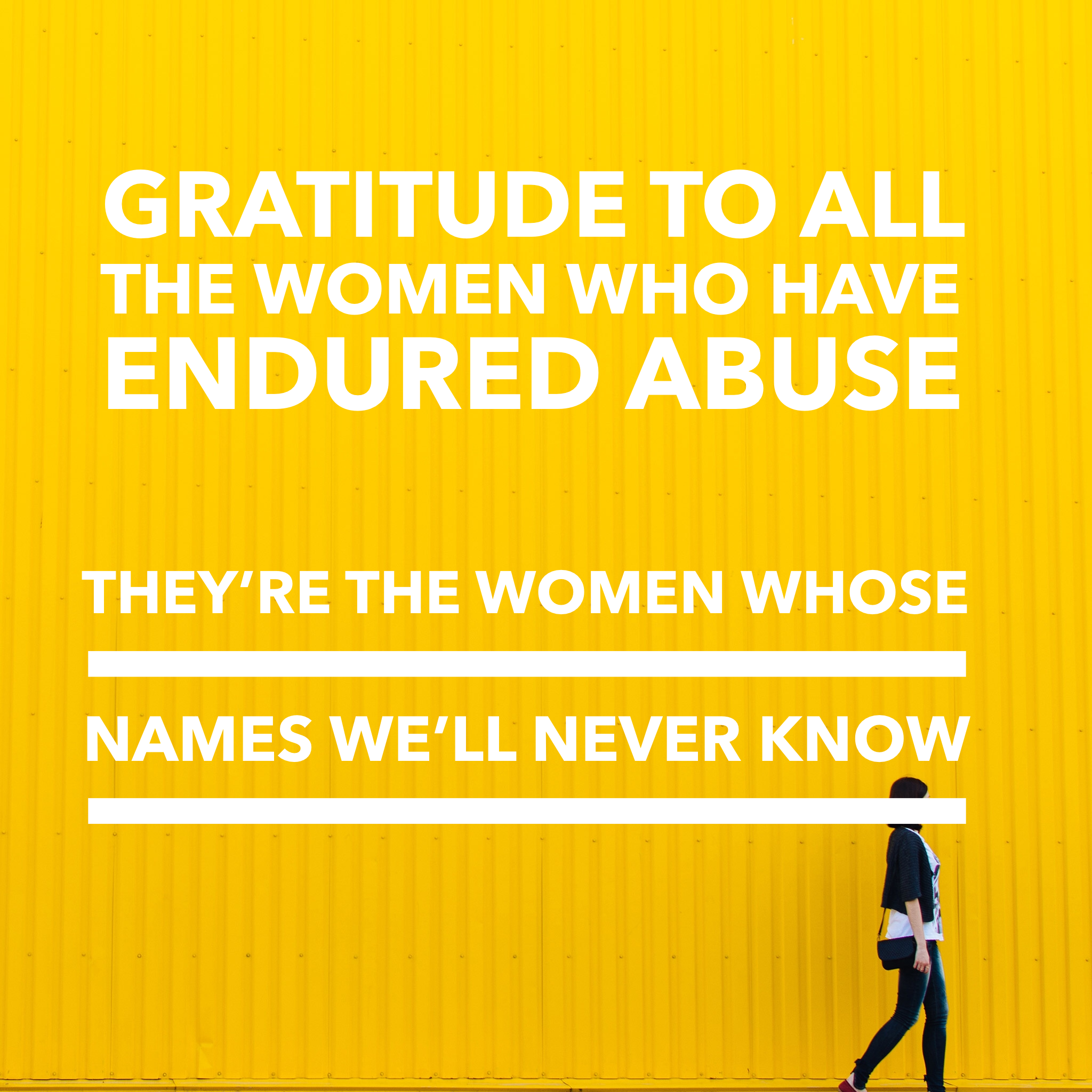One thing I like about this England football team is the unyielding emphasis on the team, and all the support that entails. Take his interview post the 7 July Sweden Quarter Final World cup win from the Manager, Gareth Southgate:
“It’s an incredible privilege to be the England manager but when you sit and think about the people who have got to this point before, people I hugely respect and admire ... it’s difficult to put it into perspective… It would fairly easily be my best day in coaching. But, look, we just want to keep improving as a team of coaches, staff and players. I go back to the fact it isn’t about it. It’s about the whole group.
To be in charge of people who give as much energy, and give me as much as they have over this period of time, is very special. … We’ve got to this point because the collective has been so strong…. [he then pays tribute to the last manager giving the team experience 2 years, in a tournament where consensus suggests the pressure hampered the young players, Southgate then goes on to praise everyone behind the scenes…] We are a team who are still improving, but we know where we are. We are having success because everyone is working so hard on the field, while some of the older guys – like [Gary] Cahill, [Phil] Jones, [Danny] Welbeck, [Jack] Butland, [Danny] Rose – have been exceptional in their mentality supporting the team, training every day, even though they’ve not had as much game-time as they’d have liked. They’re as much of a reason why we are where we are.
You can say the same for people like Tom Heaton, Adam Lallana and Jake Livermore who were on standby and trained with us before we left, and whose contribution was brilliant. And people like Alex Oxlade-Chamberlain, who has been messaging me, or Joe Hart, who made a massive save for us in the qualifier in Slovenia. People who have played a massive part in getting us to where we are. None of that should be overlooked. …”
To a distant observer like me, it seems to be me that Southgate has developed a team culture, where the parts can go on to make a very strong whole. (Southgate is also publically name checking, other players’ interviews also heavily talked about the team)
This is important to culture within arts or business, it is perhaps a reason I was drawn to theatre.
Many other arts celebrate the individual and while sculptors and artists (all the way back to old masters) may have assistants and their galleriests, and novellists have editors and publishers, and poets have… each other (?) mostly theatre is a collaborative effort.
While some strands of theatre may celebrate the writer, or the director, or an actor it is impossible to have most performances happen without design, lights, stage management, let alone the cast interplay, directing, writing and so on.
Even in traditions which might hold the playwright as the centre (listen to the intro between the podcast conversation of Chris Goode and David Eldridge), few writers would deem their script finished without a performance; and, arguably, a performance is unfinished without an audience.
This then makes the culture of a theatre, or of the team gathered together to make a performance, so critical - it’s also one reason I found the MeToo movement within theatre so profoundly shocking.
It’s perhaps why I’m drawn to working within investment teams. I like the collaborative nature of theatre and teams. I like how at their best, the parts make up more than the whole, and that the whole relies on so many parts and the synergy of those parts.
Perhaps that what makes theatre at its best so special. Like football. (Or even business teams).
The current Arts blog, cross-over, the current Investing blog. Cross fertilise, some thoughts on autism. Discover what the last arts/business mingle was all about (sign up for invites to the next event in the list below).
My Op-Ed in the Financial Times (My Financial Times opinion article) about asking long-term questions surrounding sustainability and ESG.
Some popular posts: the commencement address; by Nassim Taleb (Black Swan author, risk management philosopher), Neil Gaiman on making wonderful, fabulous, brilliant mistakes; JK Rowling on the benefits of failure. Charlie Munger on always inverting; Sheryl Sandberg on grief, resilience and gratitude.
How to live a life, well lived. Thoughts from a dying man. On play and playing games.
A provoking read on how to raise a feminist child.














